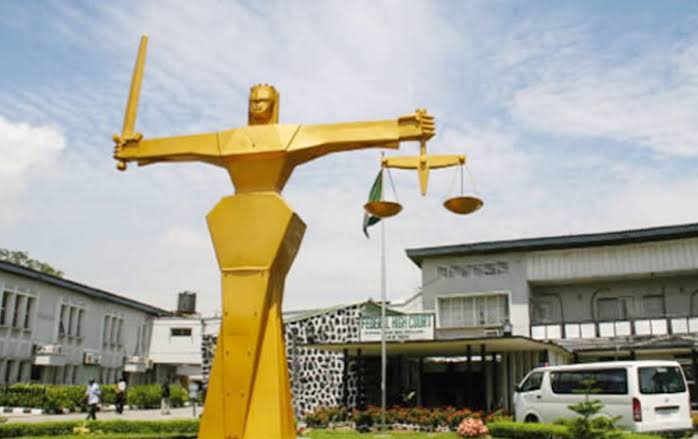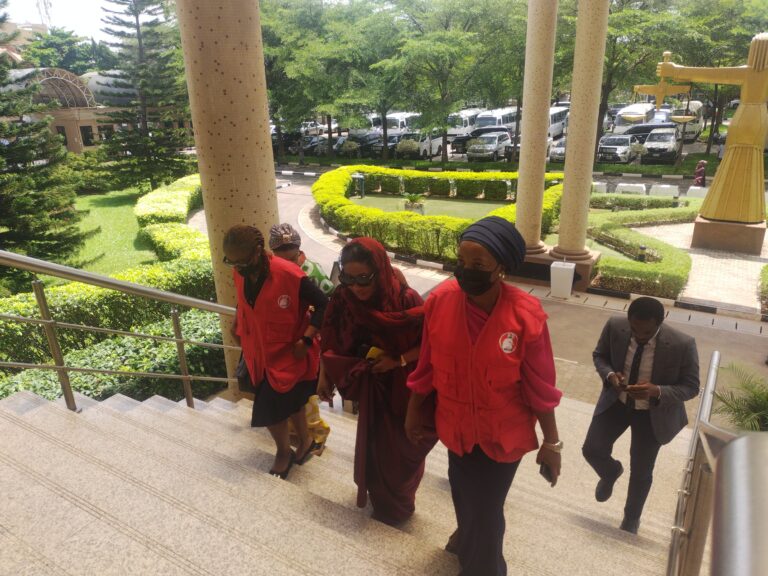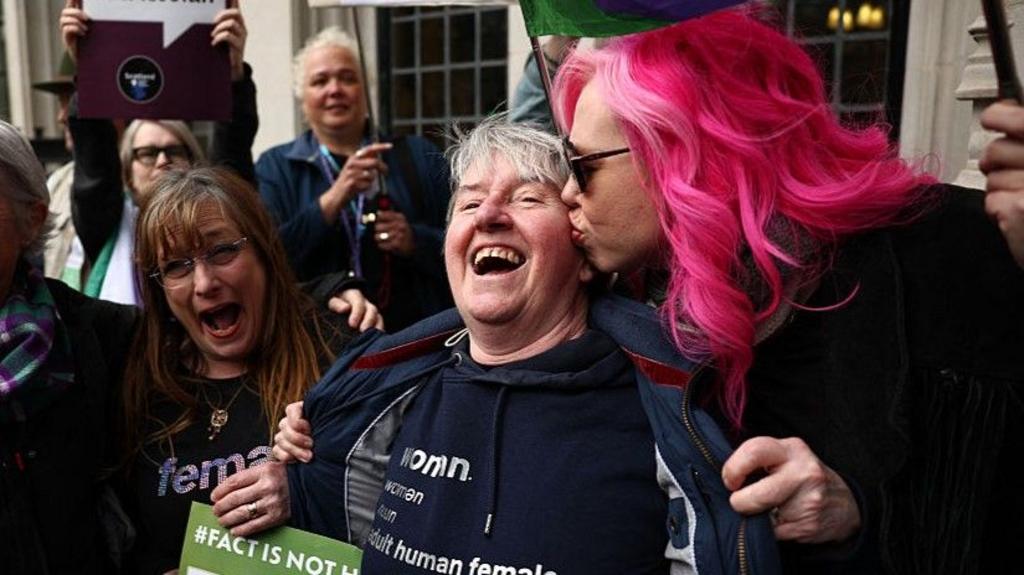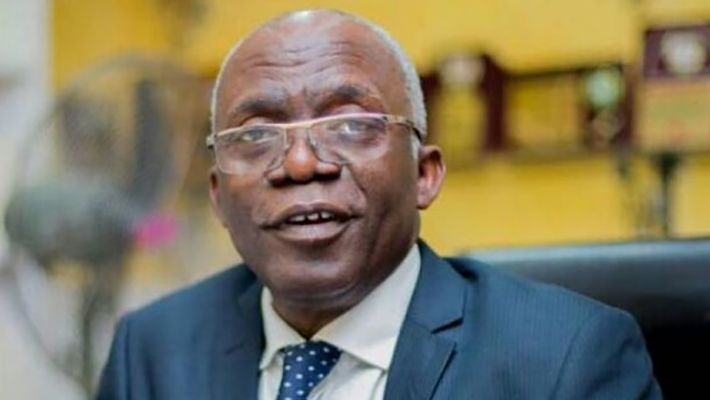The National Assembly has urged the Supreme Court to dismiss the suit filed by 11 Peoples Democratic Party, [PDP] governors, challenging the declaration of a state of emergency in Rivers State.
The federal legislature, in its response, contended that the plaintiffs’ suit was procedurally flawed and lacked merit.
The National Assembly, in a preliminary objection dated April 22, 2025, argued that the court lacked the jurisdiction to entertain the suit and should award N1bn in costs against the plaintiffs for filing what it termed a “frivolous and speculative suit.”
The PDP governors, in suit number SC/CV/329/2025, approached the Supreme Court to challenge the President’s powers to suspend a democratically elected state institution and replace it with an unelected one.
The plaintiffs in the suit are the governors of Adamawa, Enugu, Osun, Oyo, Bauchi, Akwa Ibom, Plateau, Delta, Taraba, Zamfara, and Bayelsa States.
The Attorney-General of the Federation and the National Assembly are listed as the 1st and 2nd defendants, respectively, in the suit.
All 11 states in the suit asked the apex court to determine six constitutional questions, including whether the President of Nigeria can lawfully suspend or interfere with the offices of a governor and deputy governor and replace them with an unelected appointee under the guise of a state of emergency proclamation.
They further requested the court to determine whether the Attorney-General’s threat, acting on behalf of the President, to suspend the offices of governors and deputy governors by virtue of such proclamations contravenes the provisions of the 1999 Constitution of the Federal Republic of Nigeria and principles of constitutional federalism.
The plaintiffs also questioned whether the National Assembly could approve a state of emergency proclamation, including suspension of state executives and legislatures by a simple voice vote rather than the constitutionally required two-thirds majority of all members of each chamber.
In their reliefs, the plaintiffs sought the declarations that the President cannot lawfully suspend or interfere with the offices of governors and deputy governors or replace them with unelected nominees under a state of emergency.
They argued that the President cannot lawfully suspend a State House of Assembly under such circumstances.
They further contended that the Attorney-General’s threats to suspend state officials are unconstitutional and violate the principles of federalism and that the National Assembly cannot approve such proclamations through voice votes without a two-third majority.
Additionally, they prayed for a perpetual injunction restraining the defendants from interfering with state offices through state of emergency proclamations.
The plaintiffs sought an order nullifying the state of emergency proclamation in Rivers State as published in Official Gazette No. 47 of 2025.
The governors are asking for “An order of perpetual injunction restraining the defendants from suspending or approving the suspension or in any way interfering with the offices of the Governor, the Deputy Governor and /or the House of Assembly of any of the Plaintiffs States by way of a Proclamation of State of Emergency or in any manner whatsoever or by any method howsoever.
“An order setting aside and nullifying the Official Gazette No.47 of 2025, State of Emergency (Rivers State) Proclamation, 2025 made by the President of the Federal Republic of Nigeria and wrongfully approved by the 2nd Defendant and upon which the ominous threat by the 1st defendant against the Plaintiffs is predicated.”
However, the National Assembly, in its preliminary objection, faulted the plaintiffs’ suit and urged the Supreme Court to dismiss it, arguing that the court lacks the jurisdiction to entertain the case, particularly against the second defendant, (NASS).
Declaring that it holds a memorandum of conditional appearance, the National Assembly argued that due process was not followed in instituting the suit, emphasising that the plaintiffs failed to issue the statutorily required three-month pre-action notice to the Clerk to the National Assembly, as mandated under Section 21 of the Legislative Houses (Powers and Privileges) Act, 2017.
It stated that “A person who has a cause of action against a Legislative House shall serve a three-month’s notice to the office of the Clerk of the Legislative House disclosing the cause of action and reliefs sought.”
Additionally, NASS argued that the plaintiffs did not secure resolutions from their respective State Houses of Assembly, a prerequisite for approaching the Supreme Court under its original jurisdiction provisions outlined in the Supreme Court (Original Jurisdiction) Act, 2002.
Citing alleged threats referenced in the plaintiffs’ suit, which borders on a statement attributed to the Attorney-General during a press briefing, NASS noted that since the threat did not emanate from them or its officers, the suit has no business with them.
The objection read, “Considering the affidavit in support and the threats alleged, which did not come from the 2nd Defendant, there is no cause of action against it.
“This is a suit relating to an alleged threatened declaration or proclamation of State of emergency in the plaintiffs’ States by the Honourable Attorney General and Minister of Justice. This is allegedly as a result of the statement of the 1st Defendant in a press briefing held March 19, 2025, wherein he is said to have stated that after Rivers State, ..it can be anybody’s turn tomorrow…,’ None of the alleged threat or statement is alluded to the 2nd Defendant or any of its officers.”
The National Assembly further contended, “With the objection amongst others submitted, due process of instituting the action in the suit was not followed by the plaintiffs before taking this steps against the 2nd Defendants as the plaintiffs failed to issue the requisite three months pre-action notice to the Clerk of the National Assembly and took no steps to obtain the resolutions of the Houses of Assembly of each of the States to enable the plaintiffs each join to approach this busy Court pursuant to the provision of the Supreme Court (Original Jurisdiction) Act 2002 on the matters.”
NASS asserted that the plaintiffs were attempting to use the Supreme Court to dictate how it exercises its constitutional role, particularly regarding the use of voice votes to ratify states of emergency under section 305 of the 1999 Constitution.
The objection described the suit as speculative and an abuse of the court process.
“In the suit, the Plaintiffs seek to use the court to curtail the manner in which the 2nd defendant votes or make approval to ratify proclamations of State of Emergency declared pursuant to section 305 of the CFRN 1999, to get the 2/3 majority of their votes.
“It also seeks that the Court dictates how much roles are to be performed by the 2nd Defendant. The suit seeks to restrain the 2nd defendant from using voice votes to get majority approval for future or anticipated Proclamations of States of Emergency in the States of the Plaintiff.
“The suit also seeks by perpetual injunction, to restrain the second defendant’s Houses (Senate /House of Assembly) from carrying out their constitutional duties of approval of Proclamations of State of Emergency and seeks that the approval given by the 2nd Defendant on the 20th day of March, 2025, ratifying the proclamation of State of Emergency in Rivers State be set aside for being wrongfully approved.”
NASS further added, “The 2nd Defendant/Applicant having observed the several deficiencies in the suit of the Plaintiffs which go contrary to the provisions of the laws and the jurisdiction of the Court raises objection and submits that the 11 States (Plaintiffs) approached the Court wrongly and in abuse of court process.”
It predicated its objection on six grounds, stating that the plaintiffs’ suit lacks a cause of action.
The National Assembly further stated that the plaintiffs lack locus standi to proceed against the second defendant on the issues raised in the suit.
It also argued that the plaintiffs failed to comply with due process as stipulated under section 2, Schedule 2 of the Supreme Court (Additional Original Jurisdiction) Act, 2002.
The 2nd defendant noted that the “court lacks jurisdiction.”
In an affidavit supporting the notice of preliminary objection deposed by Godswill Onyegbu, a legal officer in the Directorate of Legal Services, National Assembly, he argued that due process was not followed in instituting the suit.
Onyegbu maintained that no dispute exists between the plaintiffs and either the Government of Nigeria or the second defendant, (NASS).
He further deposed that, “The plaintiffs did not obtain the required resolutions from the Houses of Assembly in their respective states to authorise the suit under the Supreme Court’s original jurisdiction.
“There is no cause of action against the second defendant, as no threat emanated from the second defendant’s office.
“That the plaintiffs lack the locus standi to institute this suit as none of the plaintiffs has shown that it has suffered anything far and above any other persons or people of Rivers State.
“There are no disputes involving questions of law or fact upon which the existence or extent of a legal right depends between the parties.
“The plaintiffs have not established any legal rights against the second defendant to warrant equitable relief such as a perpetual injunction.”
He noted that the Supreme Court lacks jurisdiction to hear the matter against the second defendant as constituted.
In addition to requesting the dismissal of the suit, Onyegbu called for a cost of N1b to be awarded jointly and severally against the plaintiffs in the interest of justice.
“That the Plaintiffs’ States’ Houses of Assembly did not pass any resolution by a simple majority of the members present and sitting at the time of the resolution authorising the plaintiffs to institute this action.
“That the plaintiffs have not established any legal rights against the 2nd defendant to enjoy the equitable remedy of perpetual injunction.
“That the suit of the plaintiffs is speculative, unfounded, frivolous and a vexatious waste of resources, time and energy of the 2nd defendant.
“That the present court lacks the jurisdiction to entertain this matter as presently constituted against the 2nd defendants.
“That it is in the best interest of justice for the Court to dismiss or strike out this suit against the 2nd defendant with a cost of N1b only, jointly and severally against the plaintiffs,” the affidavit read.







